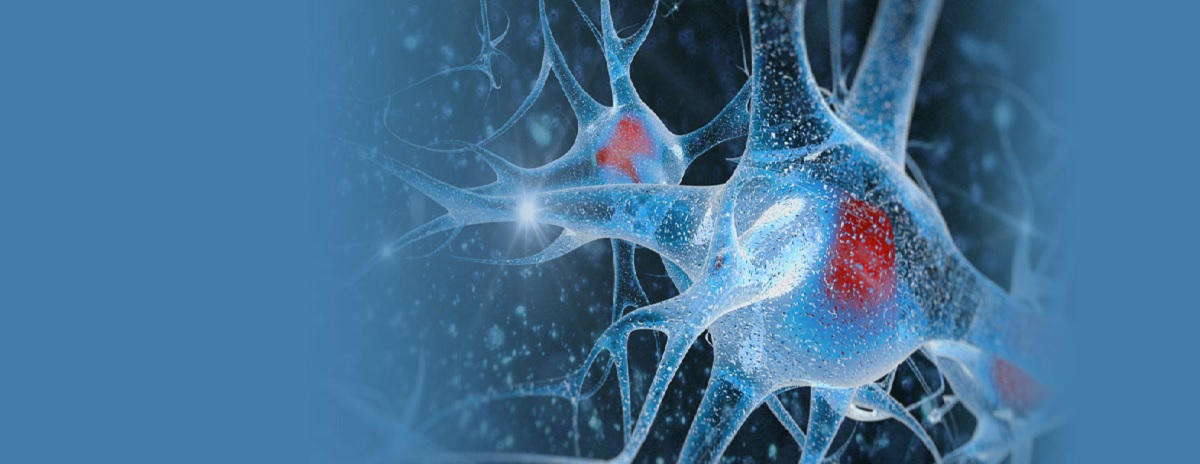Neurological Physiotherapy
This a specialist area of Physiotherapy for the management and rehabilitation of problems arising from Neurological disorders, events or long term conditions.
Neurological disorders can sometimes result in complex problems, affecting movement, mobility, sensation, balance, cognition, and communication.
Our Neurological Physiotherapist, Pippa Graham has specialised in this area for the past 16 years and has an in-depth and extensive knowledge base and experience.
Pippa carries out an extensive and holistic assessment to look at all aspects of an individual’s function and lifestyle, using her knowledge of neurological anatomy, physiology and biomechanics to help people recover and regain use of their bodies.
This service is provided in the community and during home visits. Specific goals will be set, considering the problems the patient is experiencing and how they may impact on their everyday life.
Treatment programmes will be tailored to specific functional goals and may consist of exercise programmes, hands on therapy, workplace training, balance training, use of orthotic devices or electrical stimulation or a combination of all of these.
A Neurological Physiotherapist can also provide advice, education and support for the patient and their families/carers.
Examples of conditions treated
- Strokes
- Parkinson’s Disease
- Multiple Sclerosis
- Brain Injury
- Spinal Cord Injury
- Cerebral Palsy
- Guillian Barre Syndrome
- Peripheral Neuropathies
Some of the problems Neurological physiotherapy could help with
- Difficulty walking
- Transferring from/to bed, chairs or in/out of cars
- Weakness or inactivity
- Loss of stamina or general fitness
- Problems with balance or the vestibular system
- Loss of confidence
- Poor co-ordination
- Pain
- Fatigue
- Restricted range of movement or stiffness
Treatment and management
Physiotherapy can provide treatment to assist in restoring movement and mobility and optimising functional potential.
Rehabilitation: goals set around restoring independence and promoting functional ability. This may involve movement re-education and facilitation, balance training, specific sensory input and specific home exercise programmes.
Maintenance: prolonging existing levels of function and slowing deterioration. Methods used include positioning, seating assessments, managing high tone/spasticity, stretching programmes, and fatigue management with the aim of supporting mobility and function.
Enabling: guidance and advice on utilising existing ability, in order to optimise functional activity and promote independence.
A thorough assessment will be carried out and specific functional goals can be agreed, with time frames. Methods of treatment may include task specific strength training, ‘hands on’ facilitation of muscle activity, soft tissue mobilisation, specific sensory/proprioceptive input, mobility (transfers, walking, outdoor mobility) balance training, postural stability, cardiovascular fitness and fatigue management.
Assessments and treatments can be carried out in the comfort of your home environment. Read our news page on physiotherapy and multiple sclerosis here.

